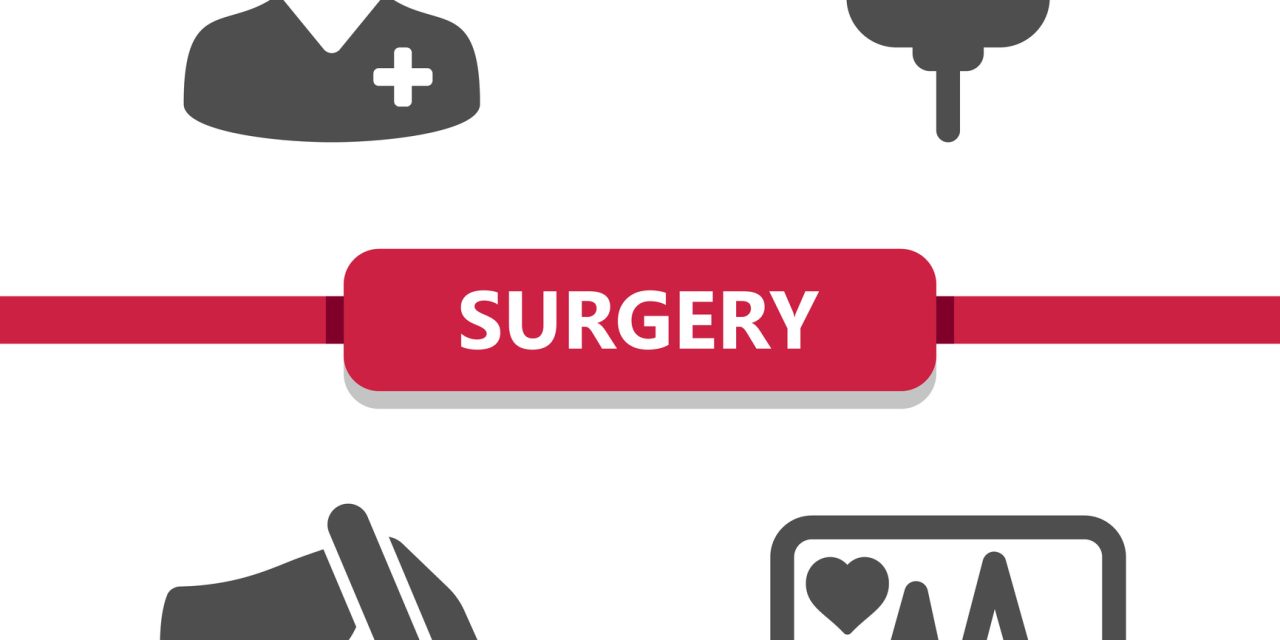Misconceptions surrounding the discipline of plastic surgery are widespread among not only the public, but medical students and professionals, as well. The purpose of this study was to explore how the inclusion of plastic surgery rotation into the medical curriculum affects medical students’ knowledge, attitudes and preferences regarding plastic surgery specialization and referral. Design and Methods: A descriptive-correlational design was utilized to collect data from 200 medical students in the final two years of education from two separate six-year medical programs in Jordan. Data was collected using self-reported questionnaires regarding knowledge of surgical procedures allocation, attitude towards plastic surgery, preference of specialization, and benefits of plastic surgery to physicians and patients.
Analysis showed that medical students of plastic surgery integrate rotation (program A) had a higher average score of correct procedure-allocation (M = 12.57, SD = 3.14), compared to non-integrated plastic survey rotation program (program B) (M = 8.29, SD = 3.05) 8.29. About 83% of students in program A had their knowledge on plastic surgery from direct exposure to a plastic surgeon, compared to 43% of program B, and 24% of students in program A reported that their perception of plastic surgery influenced by media compared to 62% of those in program B.
medical students who have been exposed to plastic surgery education are more confident about procedures of plastic surgery specialty and had more reliable sources of knowledge about plastic surgery than those who were not exposed to plastic surgery rotation.
Impact of plastic surgery medical training on medical students’ knowledge, attitudes, preferences, and perceived benefits: Comparative study.


